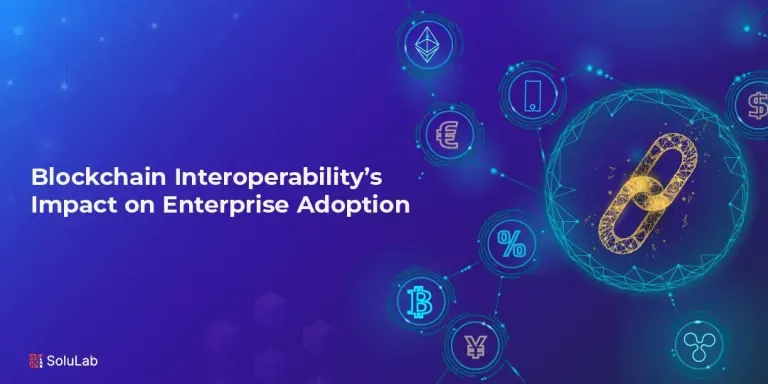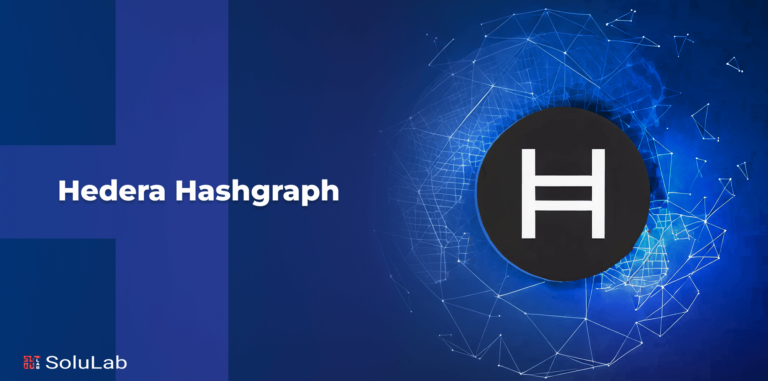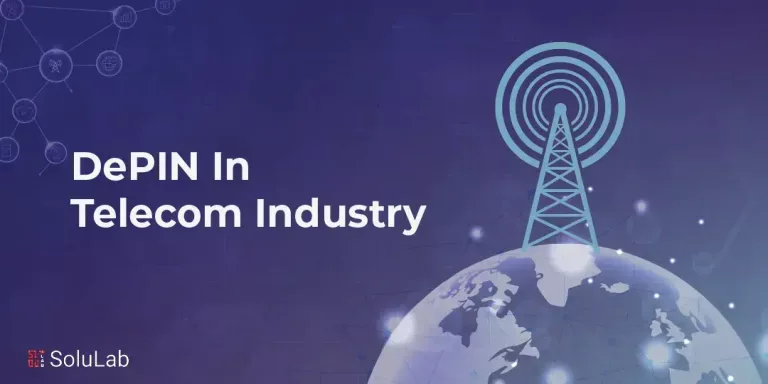What is DeFi?
DeFi, or decentralized finance, is gaining a lot of interest in the world of cryptocurrency. This refers to financial services that utilize smart contracts.
Smart contracts are automated enforceable agreements that do not need middlemen such as a bank or lawyer. Instead, they rely on internet blockchain technology.
Many digital native assets like bitcoin and others distinguish themselves from traditional digital payment systems, such as those offered by Visa and PayPal. They eliminate any intermediaries from transactions. For instance, when you pay for coffee with a credit card in a café, a financial institution stands between you and the company. Their role is to control the transaction and retain the power to halt or pause it and record it in its secret ledger. These institutions are no longer a part of the equation with bitcoin.
Big businesses are in charge of more than just direct purchases. They also manage financial applications such as loans, insurance, crowdfunding, derivatives, betting, etc.
One of the main benefits of DeFi is the elimination of intermediaries in all types of transactions.
Before it was widely referred to as decentralized finance, the concept of DeFi was frequently referred to as “open finance.”
What are Defi projects?

DeFi projects are software protocols that operate on a blockchain network like Ethereum or Cosmos. To automate financial services, these initiatives make use of the underlying protocol technology as well as additional enhancements.
DeFi initiatives are so-called because they are completely non-custodial and decentralized. The term “non-custodial” refers to the fact that the system does not manage or control the user’s crypto assets. DeFi initiatives provide you complete sovereignty over your bitcoin; you do not have to deposit it with a central authority.
Decentralization in DeFi projects, on the other hand, implies that the project’s owners delegate or surrender full control over transaction execution to smart contracts.
What is the role of Defi projects?
Defi initiatives are addressing one-of-a-kind issues in the financial services sector.
Lending and borrowing
DeFi lending and borrowing initiatives enable users to lend and borrow money using software instead of relying on a trusted third party. Instead of paper contracts, they employ code to automate procedures. These include calculating interest rates and maintenance margins, which are required in lending. For example, a user who wishes to lend a portion of their cryptocurrency would transmit their desired quantity to lend in the form of tokens and/or coins to an address managed by the protocol. In exchange, they get interested based on the amount loaned.
Borrowers, on the other hand, will only borrow a proportion of the posted value after putting the required cryptocurrency in the form of a cryptocurrency. Compound, Aave, and yEarn are examples of prominent borrowing and lending DeFi initiatives.
Decentralized Exchanges
These exchanges (or DEXs) enable users to trade their cryptocurrency assets without needing a middleman in the form of a centralized exchange. Decentralized exchanges function as genuine peer-to-peer exchanges. They are gaining popularity since users can quickly convert their cryptocurrencies, have fast access to trading pairs, and have great security and privacy of money. Uniswap, Kyber Network, and 0x are among the most well-known DEXs.
Derivatives
Derivatives markets are marketplaces in which buyers and sellers engage by trading a contract for an underlying asset depending on its future worth. Cryptocurrencies, equities, bonds, or the result of a future event are all examples of underlying assets. Synthetix, Augur, and Gnosis are a few examples of DeFi projects.
Top Coinmarketcap Defi Projects
Aave
Aave is a decentralized money market. It operates on the Ethereum blockchain, allowing users to lend and borrow a variety of crypto assets.
Aave differentiates itself via the variety of cryptocurrencies in which users may take out loans, as well as by allowing lenders to earn passive income on money made accessible to borrowers.
Aave offers loans in several cryptocurrencies, however, under the pool structure, borrowers must deposit collateral equal to or higher than the amount borrowed.
AAVE token was also introduced as part of the rebranding. Using the AAVE token on the blockchain provides benefits. Users who provide AAVE as collateral get a reduction in transaction costs, while users who borrow AAVE do not pay a fee. AAVE holders are also granted governance powers over the Aave network depending on the quantity of AAVE they own.
The passive income feature of the Aave protocol is based on the second kind of token known as the aToken.
Because tokens are interest-bearing, lenders earn interest when loans are provided from the pool in which they placed their assets. Interest is calculated in real-time and sent straight into users’ wallets.
Aave also provides a short-term lending service. Flash loans are designed to enable borrowers to capitalize on short-term financial opportunities in cryptocurrency markets by exploiting price disparities with rapid trading activity within the time it takes to add a single block to the chain.
To combat the volatility of the crypto markets, Aave has also launched a rate switching service.
Aave is open source, which extends its capabilities by allowing the creation of a range of third-party apps on the Ethereum network. Aave has collaborated with a variety of developers, including Axie Infinity, Pixelcraft Studios, Balancer, and others.
USD Coin
USD Coin (USDC) is a stablecoin, which is a kind of cryptocurrency. You may always redeem 1 USD Coin for US$1.00, ensuring consistent pricing. Eligible Coinbase users may receive incentives for each USD Coin they own.
Customers with a US dollar bank account may always redeem 1 USDC for US$1.00, ensuring consistent pricing.
Each USDC is backed by a single US dollar stored in a bank account. Ethereum is at the heart of their project.
Because USD Coin is an Ethereum token, it may be stored in an Ethereum-compatible wallet, such as Coinbase Wallet.
USD Coin intends to allow the transfer of dollars worldwide from your crypto wallet to other exchanges, companies, and individuals.
USDC, as an open standard and public smart contract, has quickly developed the world’s biggest stablecoin industrial ecosystem.
Hundreds of businesses, goods, and services, including digital wallets, exchanges, DeFi protocols, savings, lending, and payment systems support the USDC standard.
Chainlink
Chainlink is a decentralized oracle network. It links blockchains to real-world information such as events, data feeds, and non-blockchain payment methods.
Chainlink has the potential to bridge the gap between conventional data and blockchain technology’s future. It allows smart contracts to interact with real-world data, giving them safe access to critical data resources. As a result, Chainlink provides dependable, tamper-proof inputs and outputs on any blockchain.
The Chainlink protocol also includes measures to guarantee data accuracy and trustworthiness.
Because Chainlink’s primary goal is to bridge the gap between off-chain and on-chain resources, there are two critical aspects to consider:
- Infrastructure that exists outside of the blockchain
- Infrastructure for the blockchain
Oracle nodes that reside outside of the Chainlink network and are linked to an external blockchain are referred to as off-chain resources.
On-chain Oracles evaluate and process user requests for Off-chain data provided to the blockchain. Finally, the requests are directed to the relevant smart contract.
Chainlink developed the LINK cryptocurrency to compensate node operators in its system. The amount of node operators available to offer off-chain services to Chainlink determines the value and demand for LINK tokens. The more LINK tokens that are utilized as the currency of the Chainlink system, the more valuable the token should become.
Chainlink may be found in a wide range of industries. Securities, for example, need market data, while insurance firms and supply chain companies want evidence of events and timestamps. The following are some real-world applications for Chainlink:
Weather data may be retrieved by a decentralized Oracle system to aid in the calculation of insurance premiums.
Location information to be used in supply chain tracking.
Payment information from a retailer or a bank may be used to activate a smart contract.
PancakeSwap
PancakeSwap is a decentralized exchange that operates on Binance Smart Chain, one of Ethereum’s main rivals.
The Binance Smart Chain blockchain was developed by Binance, the world’s biggest centralized cryptocurrency exchange. Binance is fighting against two different cryptocurrency institutions with PancakeSwap — Ethereum and Uniswap.
PancakeSwap is a decentralized exchange based on Binance Smart Chain, a quick and cheap Ethereum alternative.
PancakeSwap is like the well-known Uniswap DeFi AMM protocol that runs on Ethereum. It allows users to swap between cryptocurrency assets by tapping into user-generated liquidity pools.
PancakeSwap provides a variety of DeFi farming possibilities for liquidity providers to build such liquidity pools. The liquidity grab has thus far worked flawlessly, with well over $1 billion in total value locked (TVL) migrating to PancakeSwap since its inception.
Unlike Uniswap, however, PancakeSwap compensates individuals who invest its BEP-20 token, CAKE. When you bet CAKE, you will get SYRUP in a 1:1 ratio. Holding SYRUP allows you to 25% of CAKE emissions, which are divided proportionally among holders.
SushiSwap
SushiSwap is an Ethereum-based program. It aims to encourage a network of users to run a marketplace where users may buy and trade crypto assets.
SushiSwap, like platforms like Uniswap and Balancer, achieves this goal via a collection of liquidity pools. Users first place assets in smart contracts. After this, dealers buy and sell cryptocurrencies from such pools, exchanging one token for another.
SushiSwap, one of the increasing number of DeFi platforms, enables users to exchange cryptocurrencies without the requirement for a central operator administrator.
SushiSwap’s primary purpose is to mimic a conventional exchange by enabling the purchase and sale of various crypto assets between users.
Rather than being backed by a single organization, tokens exchanged on SushiSwap are managed by smart contracts, and users lock crypto on the program, which traders may then access.
It is worth noting that individuals who trade against locked assets pay a charge, which is subsequently paid proportionately to all liquidity providers depending on their contribution to the pool.
Conclusion

In the DeFi landscape, there are many initiatives developing, ranging from mediocre to completely revolutionary. We were able to handpick a few that have shown signs in the DeFi storyline in top Coinmarketcap Defi Projects. Regardless of what we think, do your homework before investing in any crypto or DeFi-related enterprise.
A unique and innovative blockchain project needs expert handling, SoluLab is one of the top blockchain developers in the world. Reach out to us today for your project’s free consultation.




